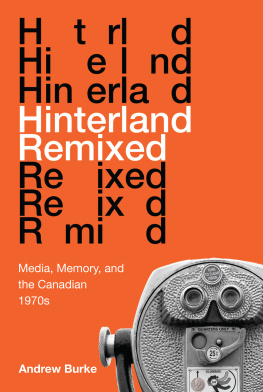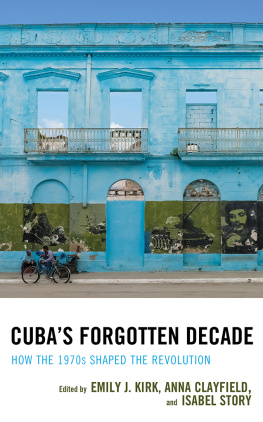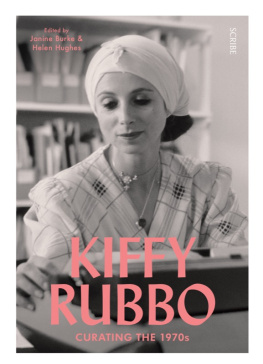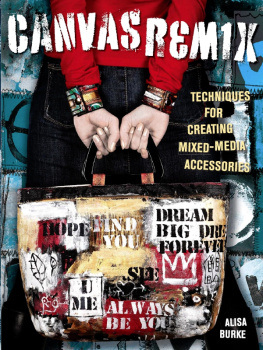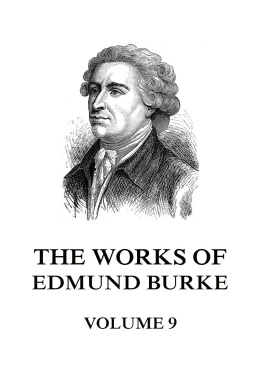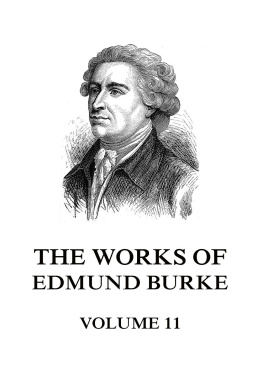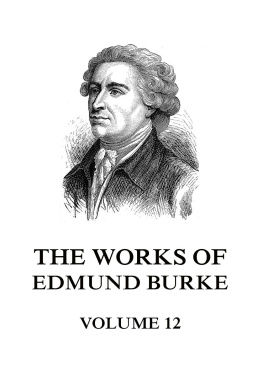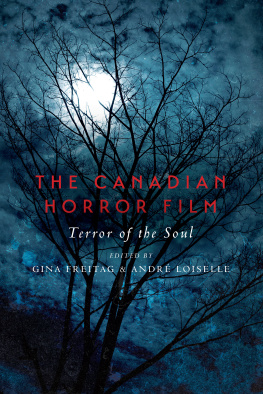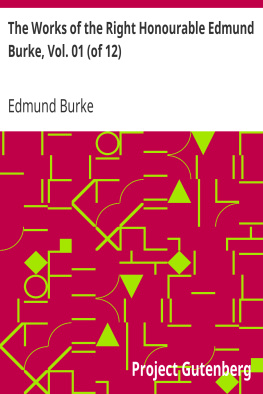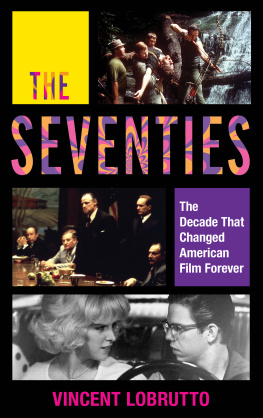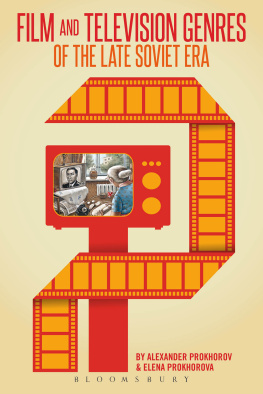
Hinterland Remixed
Hinterland Remixed
Media, Memory, and the Canadian 1970s
Andrew Burke
McGill-Queens University Press
Montreal & Kingston London Chicago
McGill-Queens University Press 2019
ISBN 978-0-7735-5858-8 (cloth)
ISBN 978-0-7735-5859-5 (paper)
ISBN 978-0-7735-5971-4 (ePDF)
ISBN 978-0-7735-5972-1 (ePUB)
Legal deposit third quarter 2019
Bibliothque nationale du Qubec
Printed in Canada on acid-free paper that is 100% ancient forest free (100% postconsumer recycled), processed chlorine free
This book has been published with the help of a grant from the Canadian Federation for the Humanities and Social Sciences, through the Awards to Scholarly Publications Program, using funds provided by the Social Sciences and Humanities Research Council of Canada.

We acknowledge the support of the Canada Council for the Arts.
Nous remercions le Conseil des arts du Canada de son soutien.
Library and Archives Canada Cataloguing in Publication
Title: Hinterland remixed : media, memory, and the Canadian 1970s / Andrew Burke. Names: Burke, Andrew, 1972- author.
Description: Includes bibliographical references and index.
Identifiers: Canadiana (print) 20190145862 | Canadiana (ebook) 20190145986 | ISBN 9780773558595 (paper) | ISBN 9780773558588 (coth) | ISBN 9780773559714 (ePDF) | ISBN 9780773559721 (ePUB)
Subjects: LCSH: Popular cultureCanada. | LCSH: ArtsCanada. | LCSH: Collective memoryCanada.
Classification: LCC FC95.4 .B87 2019 | DDC 306.0971/09047dc23
Contents
Figures
Acknowledgments
Hinterland Remixed came together over a number of years and benefited enormously from the encouragement and support of friends, family, and colleagues. Although the project is quite clearly a product of my own passions and preoccupations, my energies have been sustained every step along the way by those who have both inspired and indulged them. My thanks go to all those who helped me to believe that this project was worth pursuing and that its questions were worth investigating.
I am fortunate to have had the institutional support of the University of Winnipeg during the writing of Hinterland Remixed. Financial support from the Research Office kick-started the project and then allowed me to present early versions of several chapters at conferences as the project developed. Furthermore, the University of Winnipeg has offered a rich and vibrant atmosphere for my research, and my colleagues in the Department of English deserve thanks for their support of Hinterland Remixed as it developed from a disparate set of ideas to a full-fledged research focus. Special thanks to Catherine Hunter, the late Alden Turner, and Brandon Christopher, all of whom, during their time as department chair, were unwavering in their support of my research, no matter the twists and turns it took.
Over the years, I had the opportunity to discuss aspects of Hinterland Remixed with colleagues near and far. I am grateful for their comments and suggestions, as well as their more general collegiality, friendship, and support: Janine Marchessault, Will Straw, Jennifer VanderBurgh, Marcie Frank, Ian Balfour, Zo Druick, Liz Czach, Mike Baker, Darrell Varga, Aime Mitchell, Brenda Austin-Smith, George Toles, Karen Lury, Amy Holdsworth, and Malini Guha. I am also lucky to have friends who have shared ideas, memories, and insights with me over the years that have helped me to think through the material I discuss in Hinterland Remixed: Christine Kim, Yusuf Varachia, James Hanley, Naomi Hamer, Zbigniew Izydorczyk, Jo-Anne Balcaen, Todd Munro, Karim Vickery, Michael Davidge, Jane MacPherson, Jef Ekins, Doug Bond, Rodrigo Beilfuss, Chandravani Sathiyamurthi, Cheryl Cowdy, Elicia Clements, Robert Stacey, Lukas Neville, Indra Kalinovich, Elise Watchorn, Justin Lee, Vanja Poli, Tomislav Jurkovic, Alan Filewod, Linda Warley, Karis Shearer, Ern Moure, Nelson Chan, Russ Cochrane, Daegan Fryklind, and David Cuthbert.
One of the best parts of writing Hinterland Remixed has been meeting and even getting to know some of the artists and filmmakers whose work I admire greatly: Matthew Rankin, Walter Forsberg, Mike Maryniuk, Michael Snow, Amanda Dawn Christie, Brett Bell, Mike Rollo, Shawna Dempsey, Lorri Millan, Tim Dallett, and Adam Kelly. Their generosity in supplying images and answering queries has been extraordinary. Monica Lowe of the Winnipeg Film Group has been an absolute star, helping me with image permissions and putting me in contact with artists and filmmakers. Immense thanks go as well to Dave Barber, the senior programmer at the Winnipeg Film Groups Cinematheque, whose work in bringing independent and experimental cinema to the city is legendary. Seeing the films I discuss in Hinterland Remixed at the Cinematheque alongside enthusiastic and engaged audiences has been absolutely essential to the project.
As a book examining residual media of the 1970s, Hinterland Remixed relies heavily on the work of librarians and archivists. I am lucky that the University of Winnipeg Library has a strong collection of material related to the subject and that I have colleagues in the library who took an interest in the project. My thanks go to dean of the library Gabrielle Prefontaine, university archivist and digital curator Brett Lougheed, and scholarly communications and copyright librarian Brianne Selman. I also thank archives manager Dan Pon of grunt gallery and the archivists at the National Film Board of Canada.
I presented portions of Hinterland Remixed at various conferences hosted by the Film Studies Association of Canada, the Society for Cinema and Media Studies, the Modern Languages Association, and the journal Screen. I thank the organizers, my fellow panelists, and the audiences at these conferences for their questions and comments about the work. I also had opportunities to deliver more substantial excerpts from the project as keynotes, invited talks, or panel presentations. Special thanks to those who extended these invitations: Brett Lougheed of the University of Winnipeg Archives, Greg Bak of the Archival Studies program at the University of Manitoba, Katelyn Dykstra of the University of Manitobas Graduate Student Association of English, Film, and Theatre Students, and Vanja Poli of the Croatian-Canadian Academic Society.
An earlier version of was published in Zo Druick and Gerda Cammaers edited collection Cinephemera: Archives, Ephemeral Cinema, and New Screen Histories in Canada (Montreal and Kingston: McGill-Queens University Press, 2014).
Working with McGill-Queens University Press has been a terrific experience. I am immensely grateful to Jonathan Crago, whose sharp editorial eye could see a complete book in what I had written when I could see only a number of individual chapters all pulling in slightly different directions. His intelligence, patience, and good humour made it possible for me to find the ideal shape and form for Hinterland Remixed. Thanks as well to Kathleen Fraser and Finn Purcell at the press for their work in seeing Hinterland Remixed into print. I thank the two anonymous reviewers of the manuscript for their generous and insightful comments. I am also grateful to Robert Lewis, whose work in copy editing the final manuscript brought a new level of clarity to its argument.
My own memories of the 1970s are tied to my childhood, especially the experience of going to films and watching television with my family. I am indebted to my mother, Sandra Burke, and my late father, Allan Burke, for allowing me to watch my fair share of television when growing up and grateful to my sister, Teresa Huskilson, for watching alongside me. My mother-in-law, Adrienne Rifkind, is a fellow cinephile with a deep knowledge of film and television history, and I am thankful for her interest in my work and ongoing encouragement.
Next page
